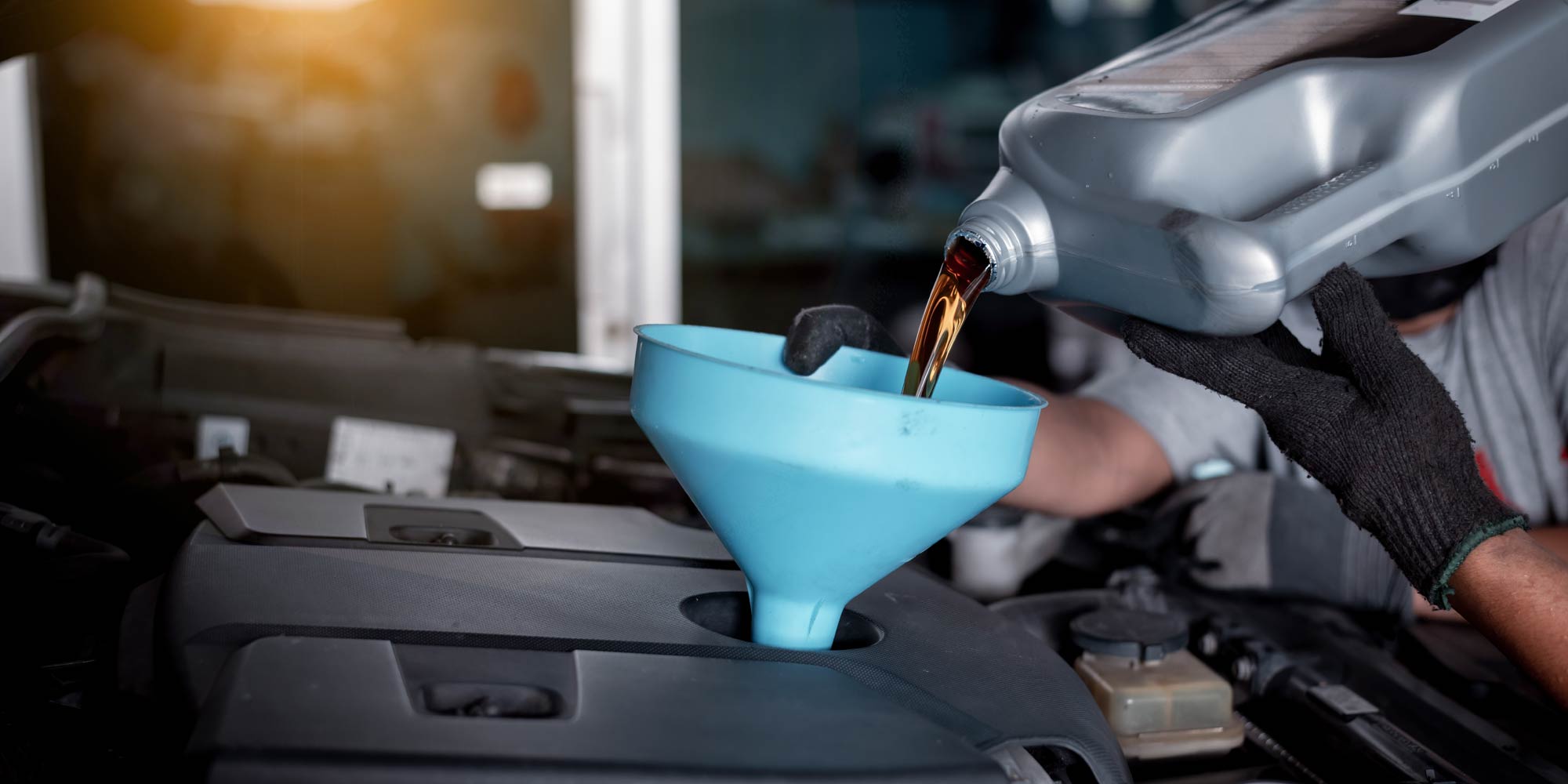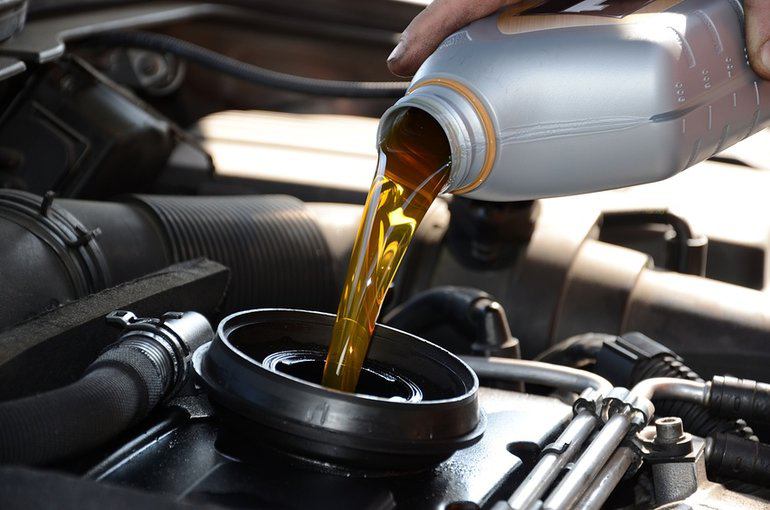Exactly How an Oil Adjustment Boosts Gas Effectiveness and Shields Your Cars And Truck
Regular oil adjustments are a critical aspect of lorry upkeep that can considerably enhance gas performance and secure engine honesty. By replacing old, infected oil with high-quality options, rubbing amongst engine elements is reduced, causing improved functional performance and gas consumption. Moreover, this practice aids get rid of hazardous deposits that add to engine wear in time. Recognizing the detailed partnership between oil quality and lorry performance exposes not only the instant benefits but additionally the long-term effects for your auto's life expectancy. The concern continues to be: what details signs should you know to establish when an oil adjustment is required?
Value of Routine Oil Modifications
Routine oil changes are important for preserving the long life and performance of any automobile. Engine oil offers as a vital lubricating substance, decreasing friction between relocating components and protecting against too much wear. Gradually, oil breaks down as a result of direct exposure to heat, dampness, and contaminants, which compromises its ability to shield the engine. Neglecting oil adjustments can bring about a host of issues, consisting of engine getting too hot, minimized fuel efficiency, and inevitably, costly repairs.
Furthermore, routine oil changes add to optimal engine efficiency. Fresh oil guarantees that the engine operates smoothly, enabling for better acceleration and responsiveness.
Just How Oil High Quality Impacts Efficiency
Exactly how does oil top quality influence the general performance of an engine? The top quality of engine oil plays a vital role in keeping optimum engine function.
In addition, high quality oil includes additives that boost its efficiency under varying conditions. These additives can include cleaning agents, which assist to tidy engine parts and protect against sludge buildup, and anti-wear agents, which protect important surfaces throughout high-stress scenarios. The thickness of the oil is also vital; it must remain secure across a series of temperatures to ensure proper circulation and lubrication.
Utilizing subpar or degraded oil can bring about decreased efficiency, resulting in raised engine wear and potential overheating. This can inevitably reduce the life-span of vital parts, resulting in pricey repairs. For that reason, selecting top quality oil is necessary for sustaining engine efficiency, durability, and reliability. On a regular basis examining and altering the oil according to maker specs makes certain that the engine runs at its best, protecting your investment in your automobile.

Effect on Gas Performance
Fuel performance is significantly affected by the quality of engine oil used in a car. Top quality engine oil helps with smoother engine procedure by reducing rubbing in between relocating components. This reduction in rubbing is essential, as it enables the engine to check this site out operate more efficiently, inevitably causing enhanced gas intake. When the engine oil is fresh and of superior top quality, it maintains optimum viscosity, ensuring that the oil flows correctly and gets to all essential parts.
Conversely, deteriorated or low-quality oil can produce enhanced rubbing and resistance within see this site the engine. This not just interferes with performance but also requires the engine to function harder, leading to greater gas intake. Regular oil changes help keep the oil's honesty, guaranteeing that it continues to be effective in oiling engine parts and stopping build-up of hazardous deposits.

Protecting Against Engine Put On and Tear
Normal oil adjustments play a vital role in this preventative maintenance strategy. Engine oil offers as a lubricant, lowering rubbing between moving components, which helps to mitigate wear.
When oil is not changed regularly, it can lead to increased friction, getting too hot, and ultimately, engine failing. Fresh oil, on the various other hand, has ingredients that safeguard engine parts from rust and wear, making sure smoother procedure.
In enhancement to the high quality of oil, following the supplier's suggested oil change intervals is important. By focusing on regular oil changes, lorry proprietors can substantially reduce the risk of engine wear, enhance efficiency, and inevitably conserve on expensive repairs, hence protecting the car's worth over time.
Signs Your Oil Requirements Altering
Regular oil adjustments are not only vital for protecting against engine wear yet also for acknowledging when your oil needs substitute. A number of indicators suggest that it might be time for an oil adjustment, and being alert concerning these can aid maintain your vehicle's performance.

One of one of the most typical indicators is the oil change light on your dashboard. Oil Change Lockhart. If this light illuminates, it is a prompt to check your oil levels and take into consideration a change. Additionally, if you discover a dark, sandy appearance when inspecting the oil on the dipstick, it recommends that the oil has become contaminated and is much less effective in lubricating the engine elements
Unusual engine sounds, such as knocking or ticking, might additionally signal that the oil is failing to perform its browse around here responsibilities, potentially causing serious engine damages. Finally, if you spot a burning oil scent or see oil areas under your vehicle, these could indicate leaks or excessive usage, requiring an immediate oil adjustment.

Conclusion
The use of top quality, fresh oil decreases friction among engine elements, reducing energy loss and advertising smoother operation. Prompt oil modifications stop the build-up of unsafe impurities that contribute to engine wear and overheating.